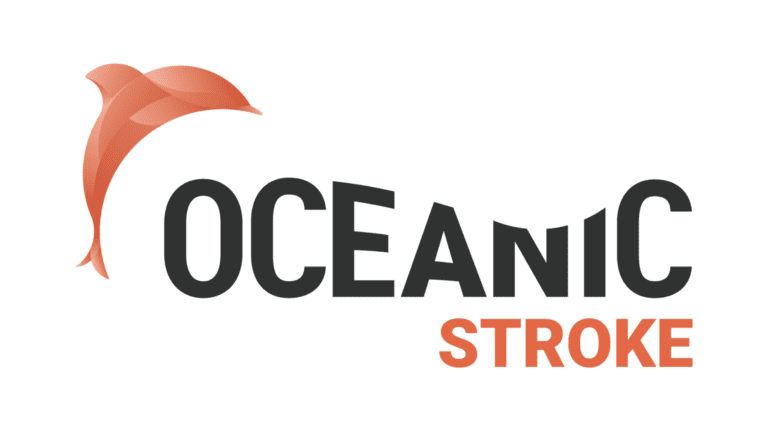We are all entering 2021 blind to a large extent; how we’ll interact with our colleagues post-pandemic remains to be seen. Will it be a brave new digital world, a return to status quo, or a hybrid?
We’ve overcome poorly lit faces, crackly audio and failing video connections. We’ve secured laptops where needed, and set up workstations in kitchens and basements. Technology enabled much of the globe’s health research to continue remotely, including our own resilient teams.
But what’s going to happen when the pandemic is over? Will we return to the way we were, and is that in the best interests of all? And by “all,” who do we mean exactly? Let’s go deeper into that question…
“Open doors” of virtual conferences
Digital technology meant that many science conferences continued in 2020 – such as ESC and AHA – with a big perk: Free access to sessions, opening it up to more researchers from low- to middle-income countries. Pre-pandemic, the combined costs of international flights, hotels, meals and registration for these same conferences were out of reach for many scientists in less affluent nations.
So, post-pandemic, will we revert to bricks-and-mortar events, with their associated costs? Of course, there are the revenues of conference organizers, venues and others at stake should major scientific events remain virtual. (Some argue that another cost of online events is the loss of opportunities for innovation and collaboration in the hallways, coffee breaks and meals around ‘real-world’ conferences.)
PHRI was curious to see what our followers on Twitter thought about the future of scientific conferences in 2021 and beyond, so we Tweeted this poll on Dec. 29th (still live today). Albeit a small sample size, the results were interesting:
- The majority of respondents (47%) were optimistic that after the pandemic, free online access to scientific sessions will continue.
- Almost a third said they think online conferences will continue, but with registration fees in place.
- Twenty percent said they expect a return to the way it was: in-person conferences with registration fees.
Once the #pandemic is over, the #year2020 pivot to offering free, online major conferences/scientific sessions will…
— PHRI Population Health Research Institute (@PHRIresearch) December 29, 2020
Or, might the medical association powers-that-be choose a new, hybrid way of holding events – say, in-person for those who can afford to get on a plane/stay in a hotel, and online (free) for those who cannot attend the physical conference?
Open access in academic publishing
Then there is the matter of access to information via the publication of studies and trial results in journals which are normally locked down for paying subscribers, with fees that are not affordable for many scientist globally.
While the area of “open access” (OA) to journals has been inching forward for years now, the 2020 pandemic accelerated the issue, at least where it related to COVID-19 research.
More journals ‘ungated’ more articles – allowing free access to full text – largely driven by the urgent need to share coronarvirus science as quickly and widely as possible. A short-term win, but what about longer-term? Afterall, substantial revenues are at stake – this time for the scientific publishing corporations – with journal subscription fees.
Open access took an interesting turns years ago with the establishment of preprint servers* – online publishing of research without peer review (as required by scientific journals). The COVID pandemic seems to have brought many more scientists to take a look/give preprint servers a shot.
Where might this all be headed? What might equity and inclusion look like longer term when it comes to sharing scientific information at events and in publications?
We don’t have the answers, but we’re glad to participate in the conversation as we enter 2021 – with new priorities possibly surfaced by the unprecedented year we just experienced.
*Preprint servers were addressed in this Feb. 2022 article.



